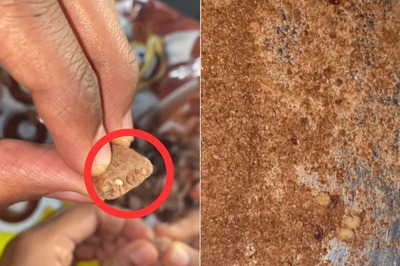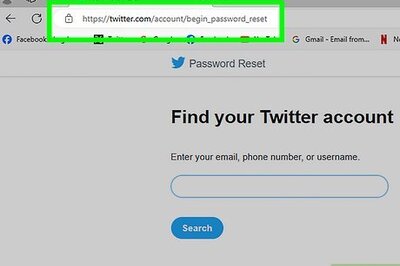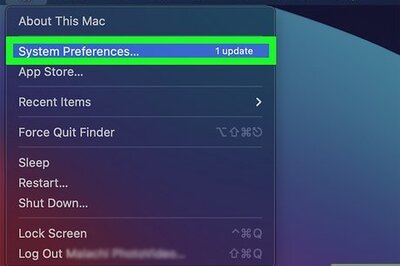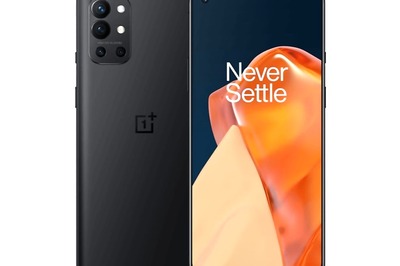
views
San Francisco: The US Justice Department is taking a closer look at Google's proposed $12.5 billion acquisition of cellphone maker Motorola Mobility, raising the hurdle that must be cleared before the deal can be completed.
The extended review disclosed on Wednesday had been widely expected since Google Inc. announced its plans to buy Motorola Mobility Inc. last month.
Most of Google's big acquisitions have been closely scrutinized by federal regulators in the past few years because of the power the company has gained as the Internet's search and advertising leader.
Google also makes Android, a leading software system for mobile phones. The competitive advantages that Android has given Google in the increasingly important mobile market may be one of the focal points of the Justice Department's inquiry.
Despite the increased scrutiny, Google has won government approval for all its acquisitions so far. Antitrust experts expect regulators to sign off on the Motorola Mobility deal too because there will still be plenty of other mobile phone manufacturers competing in the market. If it's approved, the Motorola purchase will be by far the largest acquisition in Google's 13-year history. It has taken the company eight months to nearly a year to gain the necessary approvals for some major deals.
"We're confident that the DOJ will conclude that the rapidly growing mobile ecosystem will remain highly competitive after this (Motorola) deal closes," Dennis Woodside, a Google senior vice president overseeing the Motorola acquisition, wrote in a Wednesday blog post.
A rejection of the deal would be expensive for Google, which has promised to pay Motorola Mobility $2.5 billion if it isn't completed.
Google, based in Mountain View, Calif., is more interested in Motorola Mobility's patent portfolio than its lineup of phones and other gadgets. With about 17,000 patents already approved, Motorola would offer Google a way to shield Android from lawsuits alleging the software is illegally using the intellectual property of other companies.
Regulators don't often dig deeper into an acquisition with the tool of the so-called "second request" for information that the Justice Department issued to Google in the Motorola Mobility deal. Last year, just 4 per cent of the transactions reviewed by the Justice Department and Federal Trade Commission received second requests, according to the agencies' statistics.
But it would have been a shock if Google hadn't gotten a second request in the Motorola acquisition, given the size of the deal and the intensity of the government focus already on Google.
The FTC is still in the early stages of a broader inquiry into allegations that Google is stifling Internet competition by highlighting its own services in its search results and relegating its rivals to the back pages. US lawmakers are also watching; just last week, a Senate panel grilled Google Executive Chairman Eric Schmidt about the company's business practices.
Google says it is just trying provide people with more tools to find information they're seeking.




















Comments
0 comment